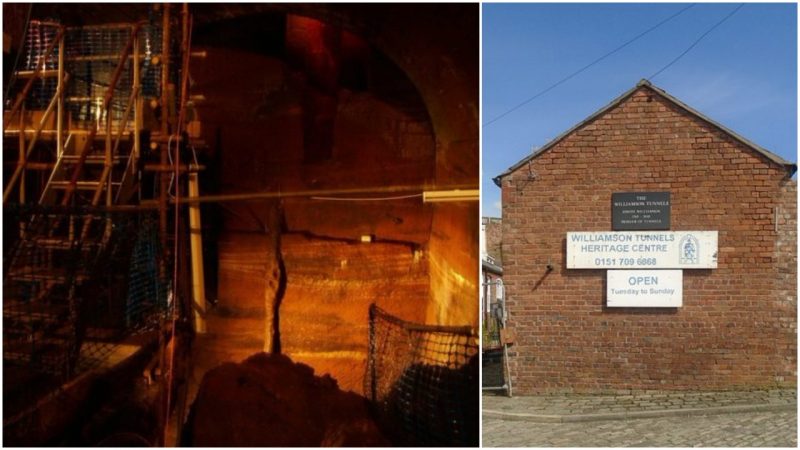It is the thrill of mystery that makes a man step into the unknown and discover–if possible–the reason something was even built. For 200 years, Liverpool led its bonhomie life, unaware of the vast network of tunnels hidden underground. From rumors of a secret religious cult to Armageddon, the legends have intrigued the casual researcher but with no clear information about why these tunnels were ever made.
Dubbed the Williamson Tunnels, this is an underground labyrinth in Edge Hill in Liverpool. The history of this area goes back to the Georgian era of the late 18th century. In this time in Britain, a man named Joseph Williamson began digging his legacy.
Born in 1769 and widely thought of as eccentric and a philanthropist, this “King of Edge Hill” is the builder of a now-dilapidated structure. In 1805, Williamson bought a piece of land on Mason Street in Edge Hill, a lonely outcrop filled with the vestige of a past quarrying with scars of picks and shovels.
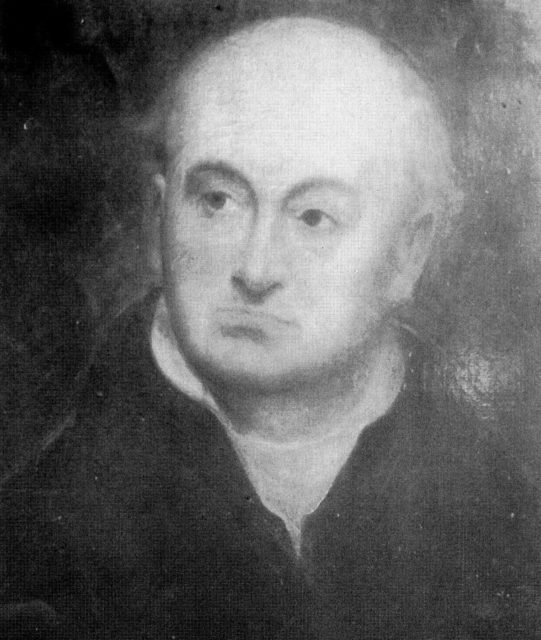
It was here that Joseph began his building career following his time working as a merchant. At first, he constructed a number of houses with large gardens that was quite typical for that period. Later he set forth to bore the tunnels within the outcrop. He continued to do so until his death, which came in 1840. One theory is that after his wife’s death in 1822 he sought solace in the tunnels.
After his own demise, Williamson was buried in St. Thomas’s Church, the same church where he and his wife had been married some 38 years earlier.
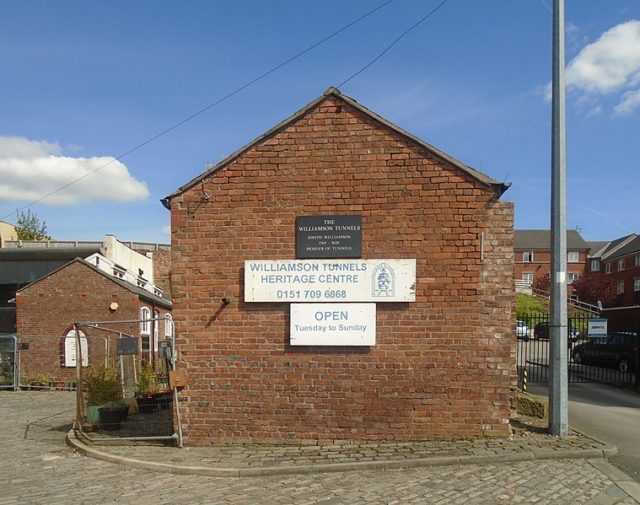
But as the years went by, it was decided that the church should be demolished and the graves relocated; however, the family crypt where Joseph was buried remained in place. Twenty-seven years later, the “Liverpool Porcupine” went to investigate these tunnels and found what they would later describe as a “great nuisance” for within the tunnel was a huge five-meter-deep cesspool filled with feces.

Since this initial exploration, this maze was a favorite place of scholars and researchers and archaeologists alike who kept exploring Joseph’s creation. Even soldiers who were part of the West Lancashire Territorial Forces Association investigated and searched the tunnels. Their effort resulted in a creation of a partial map, though a portion of the tunnels was inaccessible and could not be mapped.
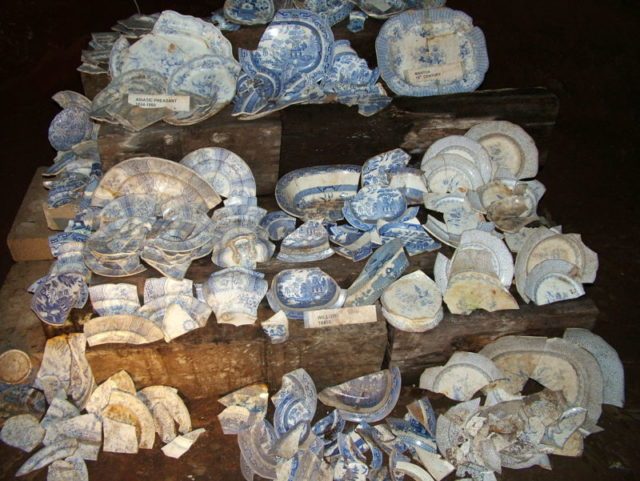
Then followed a geology student who performed his own research, but his findings were not in correspondence with the results from the Forces Association. After the student came the surveying company of Parkman, hired by the Joseph Williamson Society.
And from that point on, the quest of demystifying the tunnels was born, for their true length remains unknown and subject to speculation.
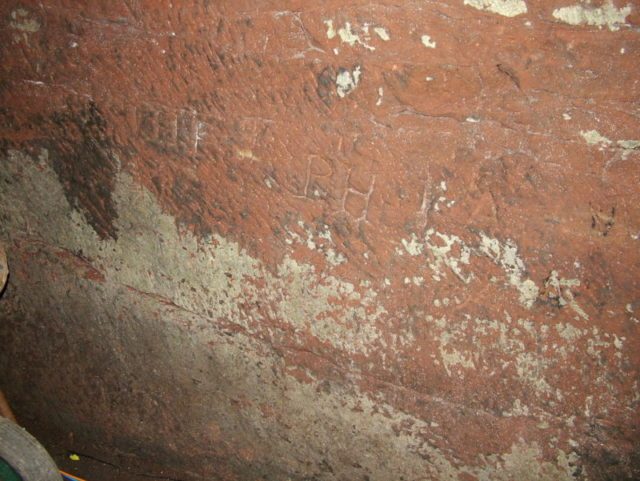
Talks of secret cults and Joseph partaking in them were regular, for Williamson never fully disclosed his purposes. According to williamsontunnels.com, Joseph was part of a religious sect whose fear was that the end of the world was near, and these tunnels were to meant to save them from the impending Armageddon.
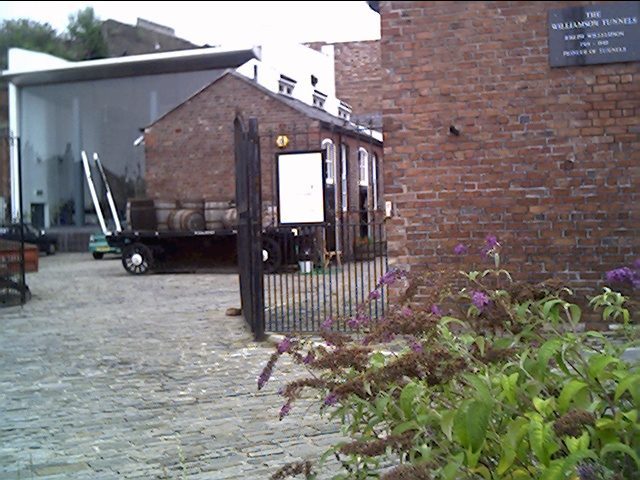
Williamson built these tunnels for 30 years, and from his death to this very day, this maze has remained a puzzle to contemporary researchers. The real problem is that no blueprints or architectural plans were ever found, if they exist at all. To date, more than 5,000 tons of debris have been removed from the tunnels, which just keep veering off in all directions.
After much cleaning and removing of debris, part of the tunnel was opened to the general public thanks to the Joseph Williamson Society. The guided tour includes the southern part of the tunnels, including a great number of artifacts that were unearthed during the excavation and cleaning.
